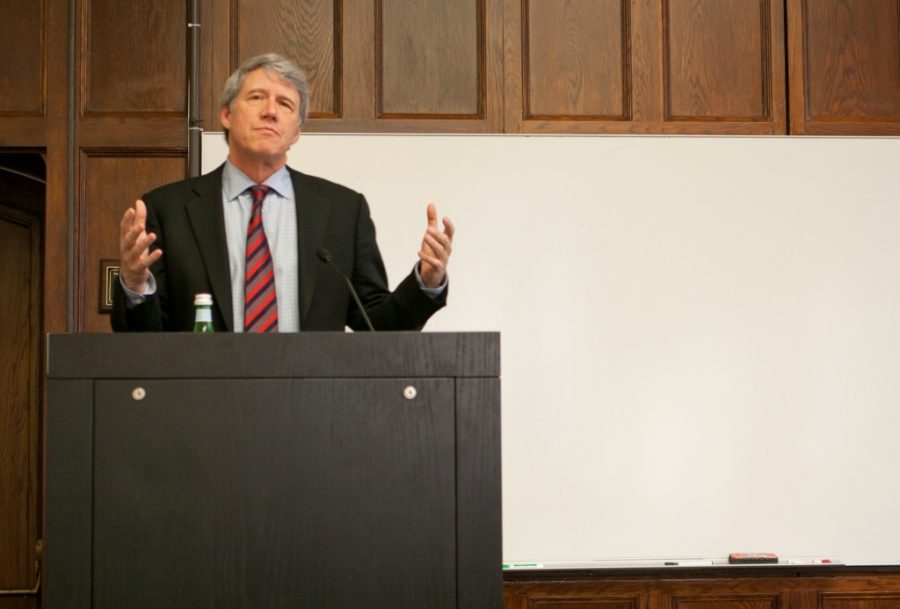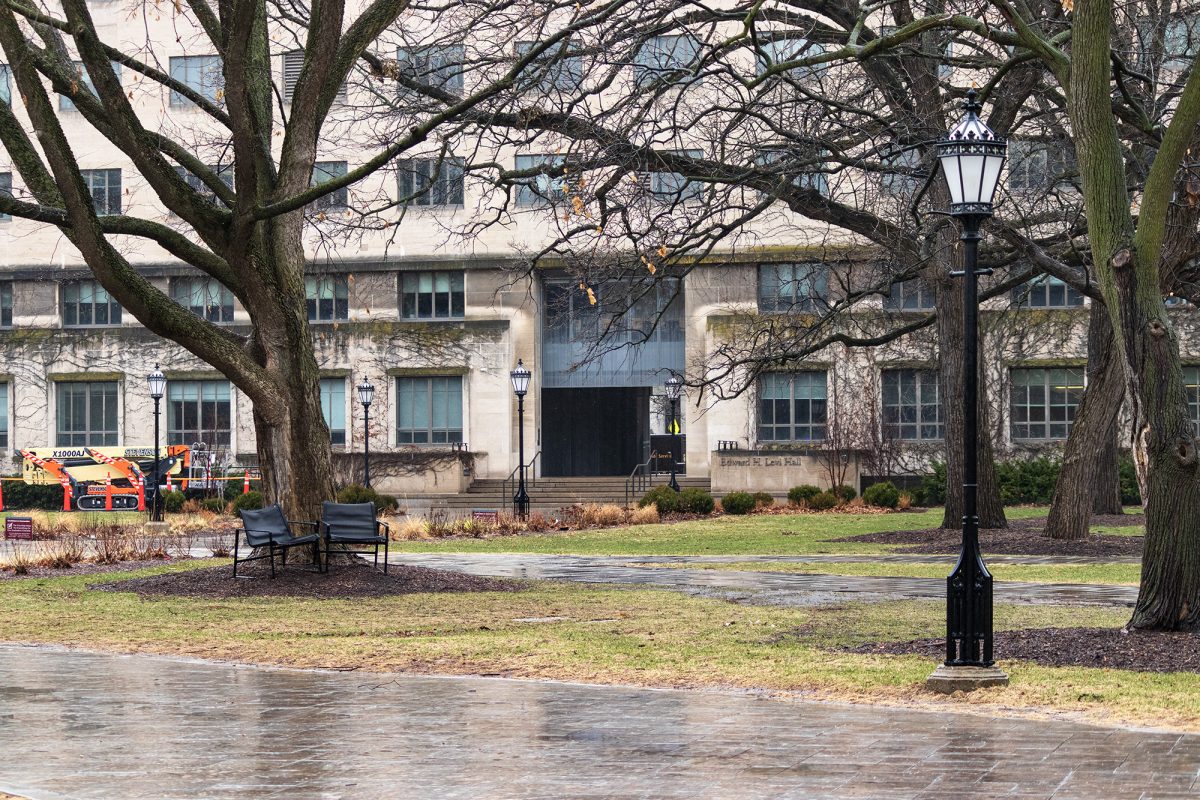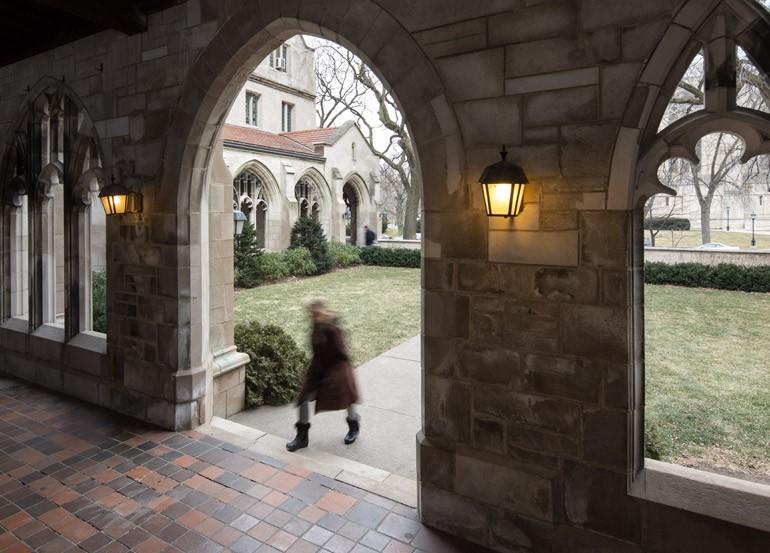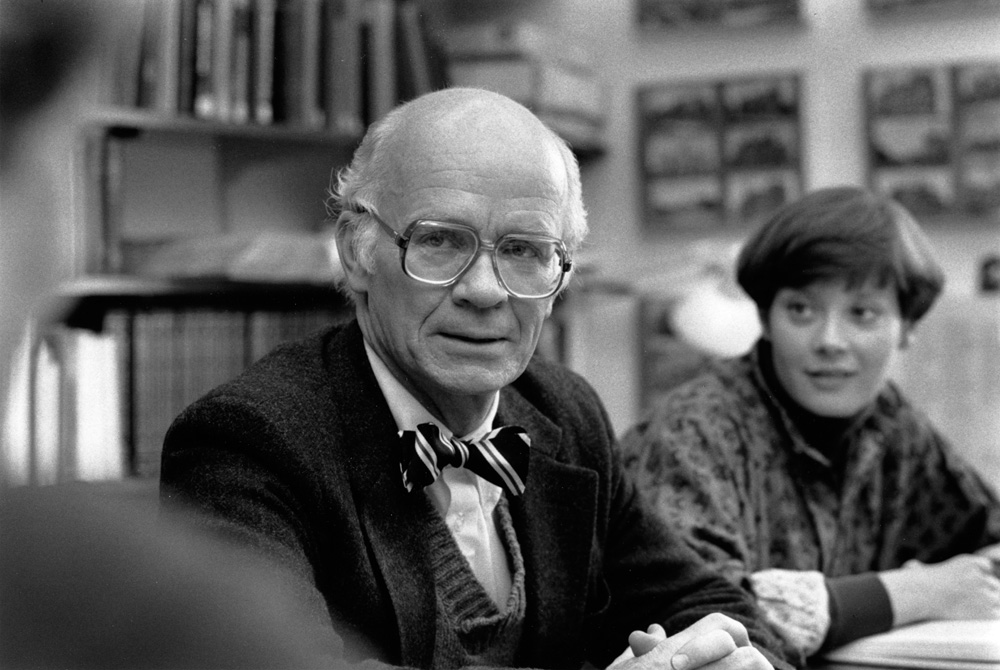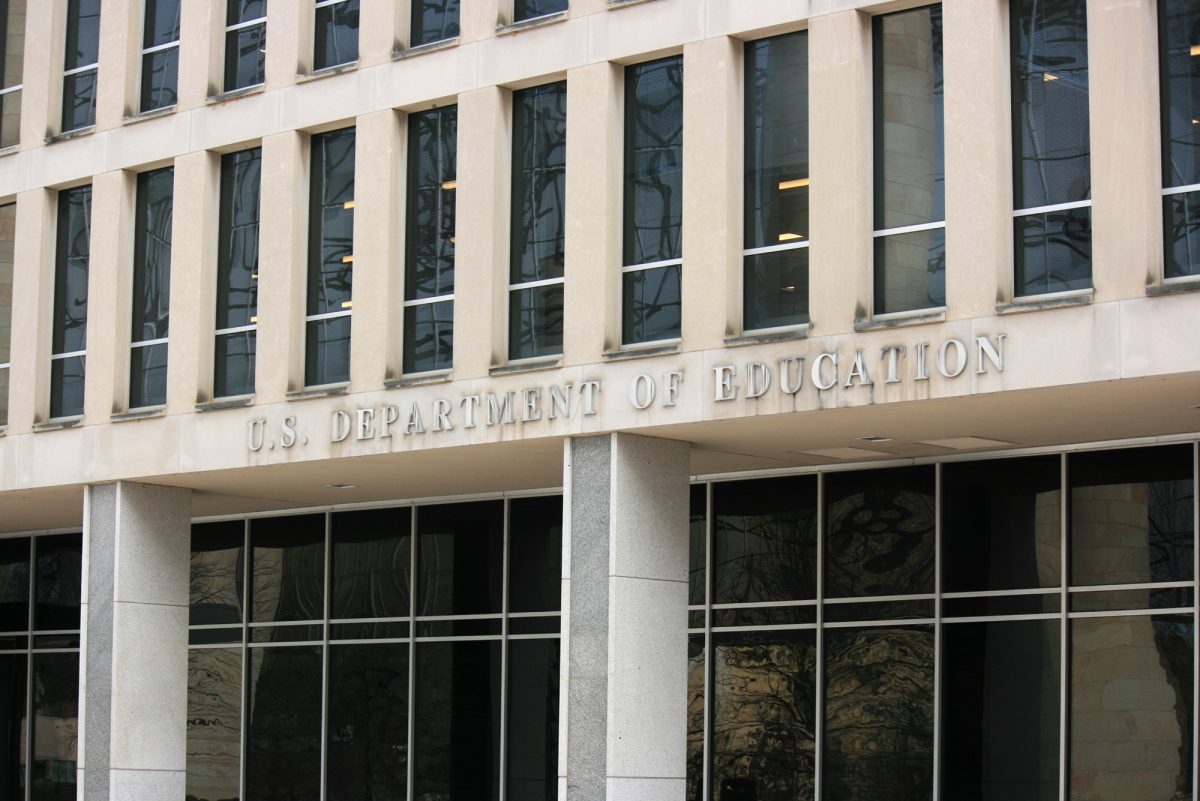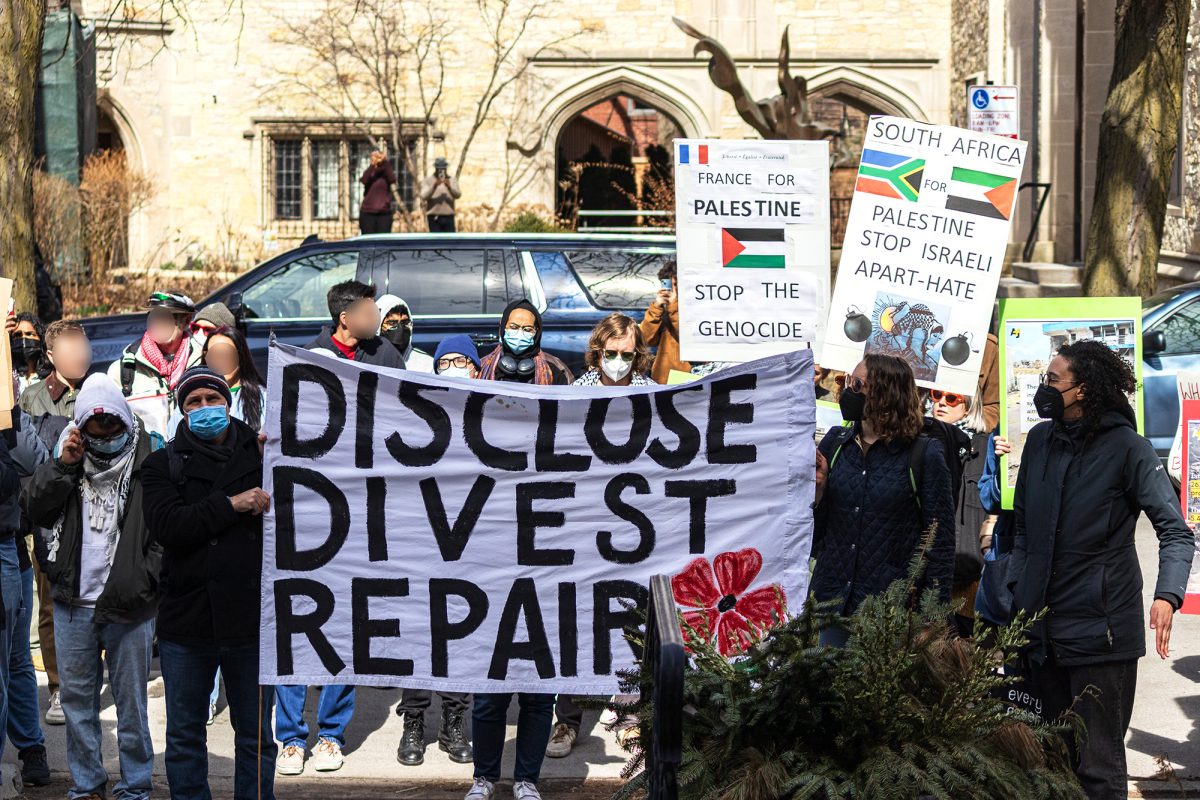Law School professor Geoffrey Stone was challenged by a Brown University student on Friday over his use of racial slurs during a lecture on freedom of expression on college campuses at the Ivy League university.
The controversy was covered by Brown’s student newspaper, The Brown Daily Herald.
Stone used derogatory terms several times during the talk. Stone thinks that racial epithets and other forms of offensive speech should not be restricted in academic discussion.
“The use, for example, of epithets in a classroom I would think perfectly appropriate if relevant to the material, but inappropriate if a faculty member calls a student a kike, or if a student calls another student a nigger; I would say, ‘no, that’s crossing a boundary which, in this setting, is not acceptable,’” Stone said.
Stone repeated the racial slur when he told an anecdote about an incident in a class he taught on free speech. He was teaching the fighting words doctrine, which is a constitutional provision that limits the First Amendment’s guarantee of free speech to exclude some speech that incites violence.
A black student in Stone’s class commented that restrictions on slurs are outdated because he thought they rarely provoke violence. Stone said that a white classmate replied, “You nigger, that’s the stupidest thing I’ve ever heard,” which prompted the black student to reach over and grab the classmate by the neck. Stone marveled that the white student had brilliantly illustrated the purpose of the doctrine.
“It was this amazing moment in which one student basically demonstrated that the other student was wrong, and did so in a way that was on the one hand completely inappropriate, and on the other hand wonderfully appropriate, for the moment. And everybody got it, nobody was upset,” Stone said.
During the question-and-answer session, Brown third-year Naomi Chasek-Macfoy asked Stone to refrain from the use of racial slurs.
“I wanted to thank you for your charge to boldness, and, in that spirit, would also like to respectfully request that you refrain from openly using racial epithets in public spaces. I understand you’re not representing an administration right now, but certainly that has a chilling effect on speech for people in the room,” she said.
Stone replied: “I teach, among other things, the First Amendment. There are cases that involve these words. You can’t talk about the words in the class when you’re discussing whether the word should be legal or not? Doesn’t make any sense. Or you read it in a novel that uses the words and you can’t use the words? Sorry. But I do hear you.”
As Stone went on to answer Chasek-Macfoy’s follow-up question about whether civil discourse was a question of tone or substance, he mockingly censored his own speech to make a point.
“Someone who goes around yelling and screaming epithets, even outside the classroom, in a public setting, I would say is being a jackass—can I say that? Is that OK? Just want to make sure,” he joked.
Chasek-Macfoy, who is both black and Jewish, told The Maroon that Stone’s response trivialized her concerns. “It was an unfair comparison between the n-word and the word ‘jackass.’ Those don’t carry the same weight. I thought the tone was belittling,” she said.
A longtime advocate of free speech, Stone chaired the University Committee on Freedom of Expression in 2015, and delivered the Aims of Education address on free expression to the Class of 2020. He is currently teaching an undergraduate course on free speech and the First Amendment.
Stone questioned the liberalism of students at institutions who have called off speaker engagements because of dissenting opinions, including students at Berkeley, who this week canceled the visit of Breitbart columnist Milo Yiannopoulos after violent protests broke out.
“If they thought of themselves as liberal they’d be supporting of free speech, so it’s complicated—but people who think they’re liberal, and are liberal on other issues, should be even more committed to the defense of free speech in a situation in which the power structure nationally has shifted in a way that should make them anxious,” Stone told The Maroon.
According to Stone, hate speech has proliferated with the rise of social media.
“When I was the age of students now, people did not encounter hateful speech very often. The mainstream media, which was all there was basically, would never carry really hateful speech, and one would see it occasionally in an argument here or there, but it was not pervasive, and did not really affect one’s life in a direct way,” he said.
Responding to an audience member who pointed out that the Brown economics department employs no Marxist economists, Stone said that at most universities, popular opinion is nonetheless skewed toward liberal ideology. He cited Trump supporters and evangelical Christians as examples of repressed groups, and said that it’s often conservatives who feel the most silenced on college campuses.
Editor’s Note: The Maroon avoids gratuitous use of racial slurs. We published the words in this case because they are essential to understanding the story.



